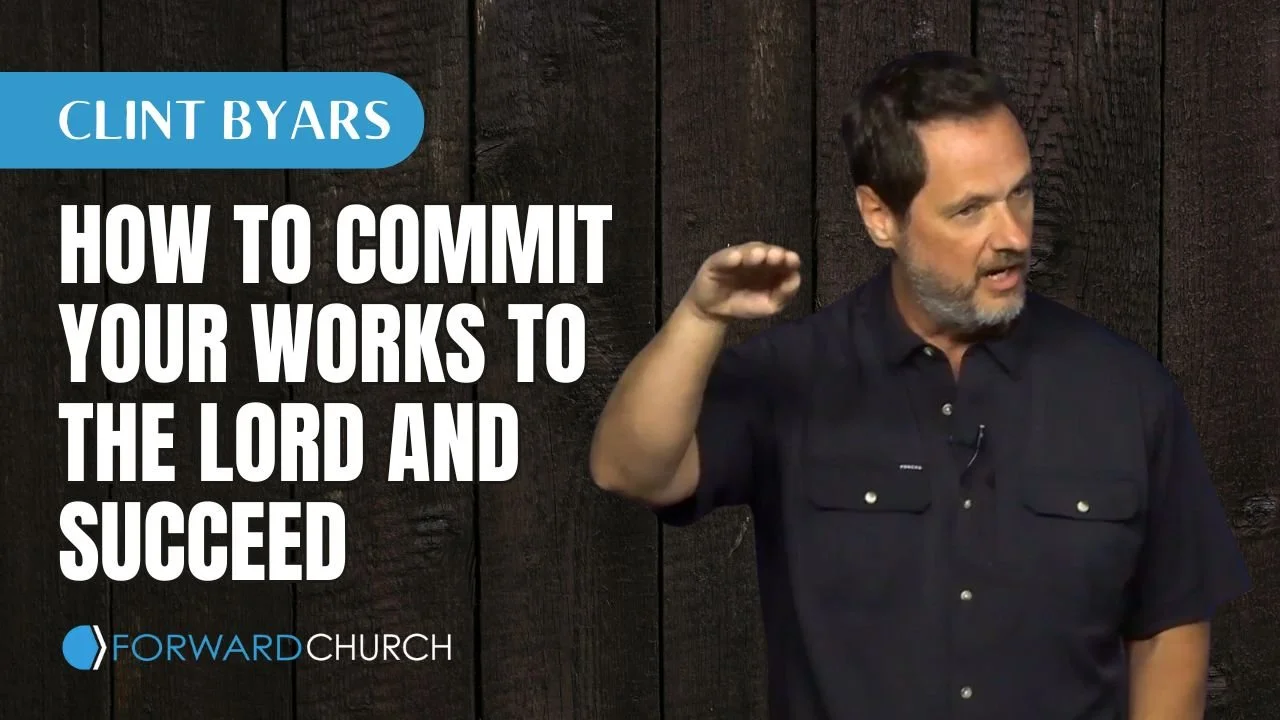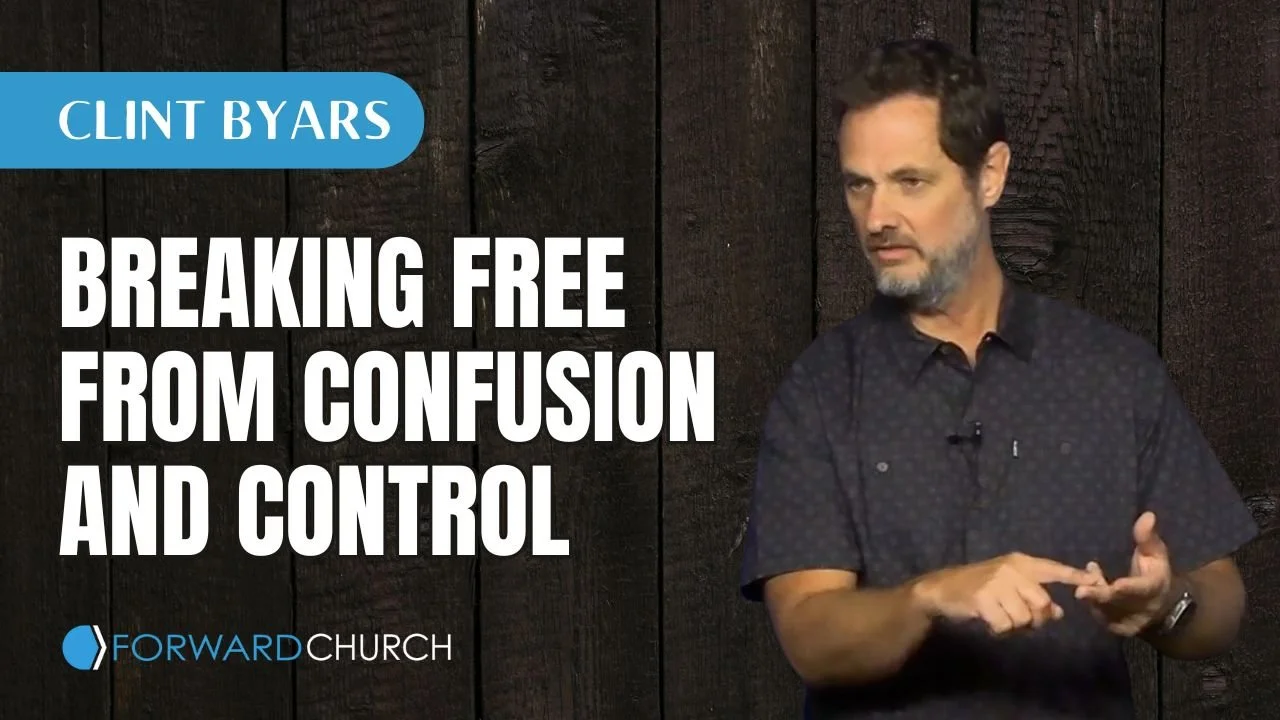Righteousness determines how God treats you. There are two kinds of righteousness, the kind that Jesus gives and the kind that religion thinks it can earn or be disqualified for through keeping and breaking laws or commandments.
Religion can become addictive. Religion for the purposes of this article is man’s attempts to be accepted by God based on deeds or rules. It feels good to do the right thing and it feels bad, for normal people, to do the wrong thing. But to think God is changing how he relates to us based on our behavior is a toxic view of God and it invalidates the right-standing with God that Jesus died for. To believe that God withholds blessing, wisdom or love based on behavior is a toxic doctrine of religion that ends up driving people away from God.
Addiction is wrapped up in a false sense of fulfillment of peace based on a substance that’s toxic for you. With addiction, a dependency is developed that might be chemical, emotional, physical or psychological. Being addicted to religion is more psychological and emotional because it’s all about toxic beliefs rather than using a substance.
You would never say self-righteous things like, “I was really good today, now God owes me a blessing.” Or, “I didn’t sin this week so now I’m more righteous.” You would never say those things because you know your righteousness isn’t a result of your behavior, it’s a gift from God through faith in the finished work of Christ.
But you might say, “I wonder what God is doing” when you have a flat tire, lose your job, have marriage problems or contract a disease. That’s still self-righteousness.
How is that self-righteousness? Because thinking God’s blessings are based on good behavior is the same as thinking God’s curses are based on bad behavior, either way it bases your standing with Him and His subsequent treatment of you on your behavior. To be clear, your standing with God (righteousness) isn’t based on performance, it’s based on God’s love for you and his willingness to be a good Father to you.
Thinking that God is allowing bad things due to your behavior is a self-righteous, toxic belief that can become addicting. The brain gets used to trying to understand God through circumstances and automatically asks “why” every time something goes wrong. That’s a mindset that the believer must detox from. You can eliminate that toxic belief by being confident that your right-standing with God is rooted in Jesus’ obedience, no matter what!
Listen to AUDIO
Podcast | iTunes | Spotify
What is Righteousness?
Here’s what we know about righteousness, it’s a free gift, it can’t be earned by self-efforts. It means; as you should be, right with God and nothing held against you.
To have right-standing with God means God is holding nothing against you, so you can’t say, “God why is this happening, what did I do,” if you’re assuming he’s allowing it for some reason. The truth is, God NEVER determines blessings or curses for you based on your performance.
Some of you never say, “God what did I do,” but many folks do. If you don't, praise God, watch the message above and be glad. If you do say or think that sometimes, keep reading.
Quit Asking Why
Quit asking God what he’s doing when things go wrong, it’s not him doing it. Paul and James say the same thing on this issue.
What you hear when you read this next passage is a good test to see how addicted to religious thinking you are…
1 Corinthians 10:13 No temptation has overtaken you except what is common to mankind. And God is faithful; he will not let you be tempted beyond what you can bear. But when you are tempted, he will also provide a way out so that you can endure it.
Did you hear “ God won’t put more on you than you can bear,” or did you hear “when trials and temptations come, God will show you a way out?”
Consider this passage as you answer…
James 1:13 When tempted, no one should say, “God is tempting me.” For God cannot be tempted by evil, nor does he tempt anyone; 14 but each person is tempted when they are dragged away by their own evil desire and enticed. 15 Then, after desire has conceived, it gives birth to sin; and sin, when it is full-grown, gives birth to death.
Keep in mind, earlier in James chapter 1, he says to “count it all joy when you fall into different kinds of temptations” (same word used in verse 13 when James instruction us to never say that the temptation is from God.
James teaches that when the temptation comes, your faith is tested or you’re in a trial. He instructs you to ask God for patience to endure, not for a reason why he’s allowing it. Now, you might learn a lesson as you patiently endure the temptation/test/trial, but James CLEARLY says, don’t say it’s from God!!!
Do You See It Yet?
Ok, here’s the point of this article, to see how addicted you are to religious thinking. Just so we’re on the same page I’m defining religion as “your attempt to be acceptable to God through keeping the rules.” Or “man’s set of rules to keep to be accepted by God.” Jesus called these kinds of rules Pharisaical or hypocritical.
If you heard, “God won’t put more on you than you can bear” when you read 1 Corinthians 10:13, read it again in light of James instructing you to never say the temptation is from God. What this passage is actually saying is that when you find yourself in a trial/temptation, God will show you how to get out of it.
He does this by giving you patience and wisdom. He gives you patience so you don’t take shortcuts and do something unethical or ungodly and he gives you wisdom so you don’t get hurt as you journey through.
Detoxing from Religion
I’ve said all of that to say this, there may be some things you believe about God that are actually toxic beliefs. A toxic belief is something you believe that is actually causing damage in your life. We believe all kinds of toxic things about God that aren’t true. Toxic religious beliefs sound spiritual at times but are always unscriptural.
Here are a few…
God is angry with me because I messed up.
The truth is, God promised that he would never again be angry with you after Christ’s sacrifice because he established an everlasting covenant of peace with Christ on your behalf. (Isaiah 53 and 54).
I still mess up because I’m just a sinner saved by grace.
To detox from that belief, you must understand your new creation identity. You are not a sinner, you are not even half of a sinner, with a dual nature. You are the righteousness of God in Christ Jesus. Which belief promotes sin and which belief promotes righteousness in your outer man?
My life is difficult sometimes because God is teaching me a lesson.
To detox from this belief, you must understand the nature of God and how he treats people. I covered this in my section about 1 Corinthians 10:13 and James 1:13.
Becoming Confident in Righteousness
To detox your mind from a religious addiction you must be firmly rooted in faith-righteousness rather than self-righteousness.
Galatians 2:16 Yet we know that a person is made right with God by faith in Jesus Christ, not by obeying the law. And we have believed in Christ Jesus, so that we might be made right with God because of our faith in Christ, not because we have obeyed the law. For no one will ever be made right with God by obeying the law.” 17 But suppose we seek to be made right with God through faith in Christ and then we are found guilty because we have abandoned the law. Would that mean Christ has led us into sin? Absolutely not! 18 Rather, I am a sinner if I rebuild the old system of law I already tore down. 19 For when I tried to keep the law, it condemned me. So I died to the law—I stopped trying to meet all its requirements—so that I might live for God. 20 My old self has been crucified with Christ. It is no longer I who live, but Christ lives in me. So I live in this earthly body by trusting in the Son of God, who loved me and gave himself for me. 21 I do not treat the grace of God as meaningless. For if keeping the law could make us right with God, then there was no need for Christ to die.
I circle back around to the first few lines of this article, it’s improper and unbiblical to ask God what you’ve done wrong for him to allow a curse, tragedy or difficulty into your life. It denotes that God is relating to you based on your bad behavior. It actually attempts to paint God as unjust, but that’s another topic.
The next time you face tragedy, don’t ask why. The God at his word and look for the way out because God promises that when you’re tempted or tested, he’ll show you the way out of it. This does not suggest that you don’t reap what you sow, because you do. And it does not invalidate any persecution you may experience for proclaiming the Gospel, which is different than tests and trials. I’m simply suggesting you think the way God thinks, and trust him for a way of escape from temptation rather than try to understand his will through the circumstance. He’s a good father that desires to bless you, protect you, provide for you and give you his life, allow him to do so by letting him off the hook for the troubles in your life.










